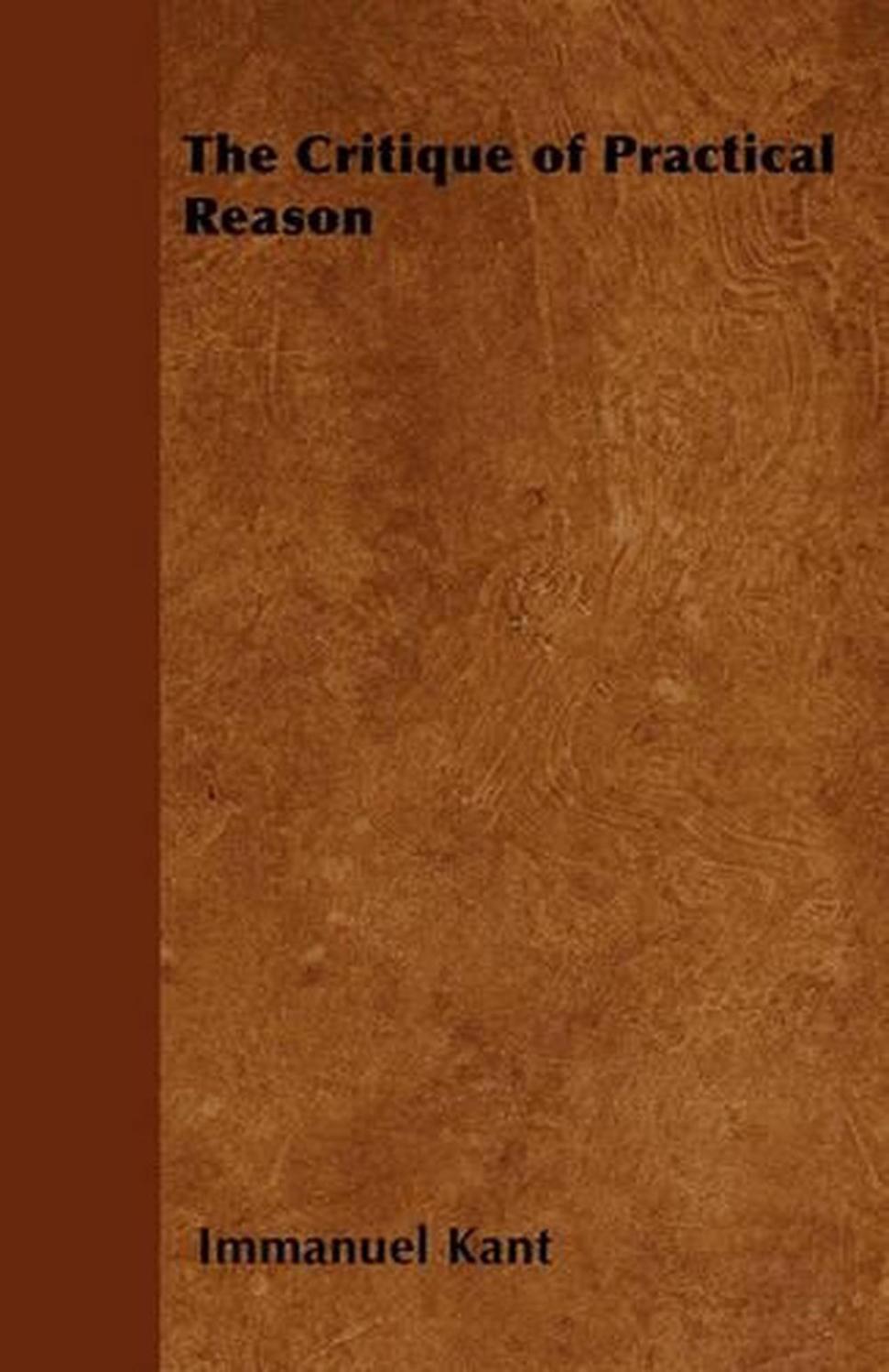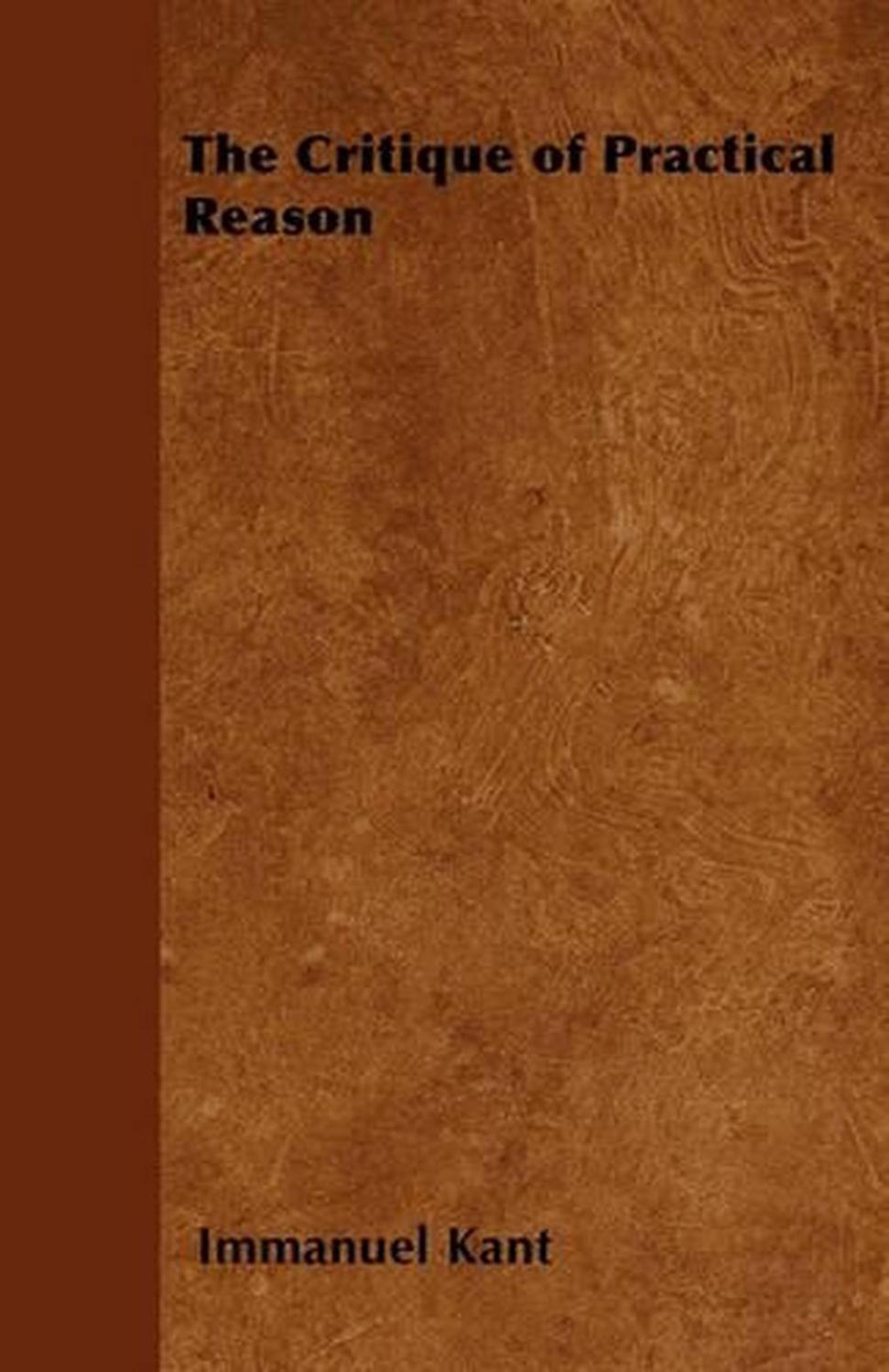How Can I Write a Book Review That Is Both Insightful and Engaging?
In the realm of literature, book reviews serve as valuable tools for readers to navigate the vast world of written works. A well-crafted book review not only informs readers about the content of a book but also provides insightful analysis and engaging commentary that sparks intellectual curiosity and encourages further exploration. Whether you're an aspiring book reviewer or simply seeking to enhance your reading experience, understanding the art of writing insightful and engaging book reviews is a worthwhile endeavor.

I. Introduction
A book review is a critical analysis and evaluation of a literary work. Its purpose is to provide readers with an informed opinion about the book, helping them decide whether it is worth their time and attention. Insightful and engaging book reviews go beyond mere summaries; they offer readers a deeper understanding of the book's themes, characters, writing style, and cultural significance.
II. Understanding The Book
The foundation of an insightful book review lies in a thorough understanding of the book itself. This involves:
- Reading the book thoroughly and attentively: Immerse yourself in the story, paying close attention to details, characters, and plot developments.
- Identifying the book's genre, themes, and main arguments: Understand the book's literary context and the author's intended message.
- Analyzing the author's writing style, tone, and perspective: Examine how the author's choices contribute to the overall impact of the book.
III. Crafting An Insightful Review

To craft an insightful book review, consider the following:
- Offer a concise summary of the book's plot or main points: Provide readers with a brief overview of the book's storyline or key arguments, without giving away major spoilers.
- Analyze the book's strengths and weaknesses: Discuss what makes the book compelling or problematic, supporting your arguments with specific examples from the text.
- Discuss the book's relevance to current events or cultural context: Explore how the book resonates with contemporary issues or cultural trends.
- Provide thoughtful insights into the book's themes and messages: Delve into the deeper meanings and implications of the book's content.
- Compare the book to other works in the same genre or by the same author: Draw comparisons to similar books or explore the author's evolution as a writer.
IV. Engaging The Reader
To captivate readers and keep them engaged throughout your review:
- Use vivid language and descriptive imagery to create a compelling narrative: Paint a picture with words that brings the book's world to life.
- Incorporate personal anecdotes or experiences that relate to the book's themes: Share how the book resonated with you on a personal level.
- Ask thought-provoking questions to encourage readers to reflect on the book's content: Prompt readers to consider different perspectives or interpretations.
- Include quotes from the book that resonate with you and support your analysis: Use well-chosen quotes to illustrate your points and add depth to your review.
- Maintain a conversational tone and avoid overly academic or technical language: Write in a style that is accessible and engaging to a wide audience.
V. Structure And Organization

For a well-structured and organized book review:
- Begin with a brief that introduces the book and its author: Provide essential information about the book, including its title, author, genre, and publication date.
- Divide the review into distinct sections or paragraphs, each focusing on a specific aspect of the book: This could include the plot, characters, writing style, themes, or cultural significance.
- Use clear transitions between paragraphs to guide the reader through your analysis: Ensure that the flow of your review is smooth and logical.
- Conclude the review with a summary of your overall thoughts and recommendations: Offer a final evaluation of the book and encourage readers to explore it for themselves.
VI. Editing And Proofreading
To ensure a polished and error-free book review:
- Revise and edit your review multiple times to ensure clarity, coherence, and conciseness: Eliminate unnecessary words and phrases, and ensure that your ideas are expressed clearly and concisely.
- Proofread carefully for grammatical errors, typos, and formatting issues: Pay attention to spelling, punctuation, and grammar to maintain a professional and credible tone.
VII. Conclusion
Writing an insightful and engaging book review requires a combination of critical analysis, personal reflection, and effective communication. By thoroughly understanding the book, crafting a thoughtful and well-structured review, and engaging readers with vivid language and thought-provoking insights, you can create a valuable resource that helps readers make informed decisions about their next literary adventure.
Remember, the goal of a book review is not only to inform but also to inspire and provoke thought. By approaching your reviews with passion, curiosity, and a genuine love of literature, you can create reviews that resonate with readers and enrich their reading experience.
YesNo

Leave a Reply